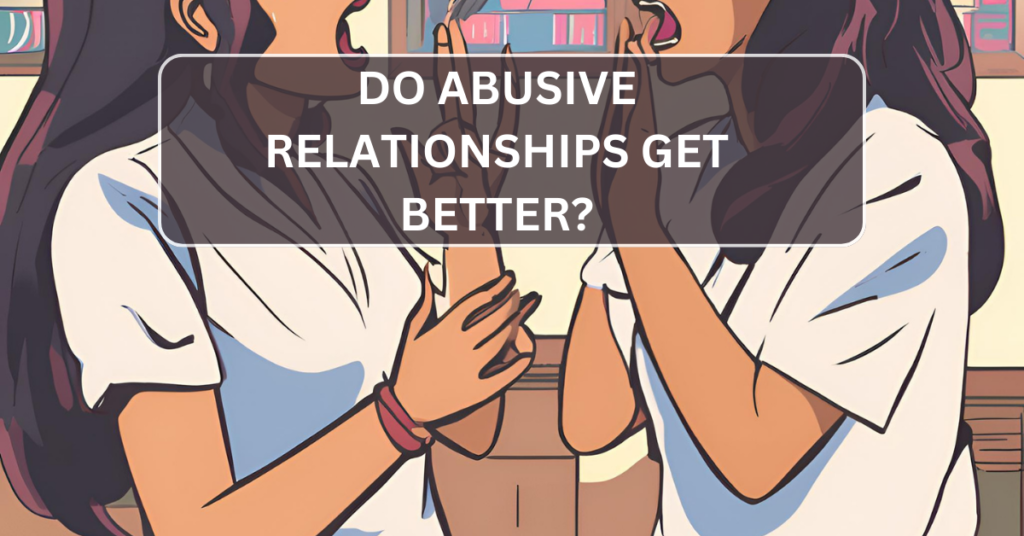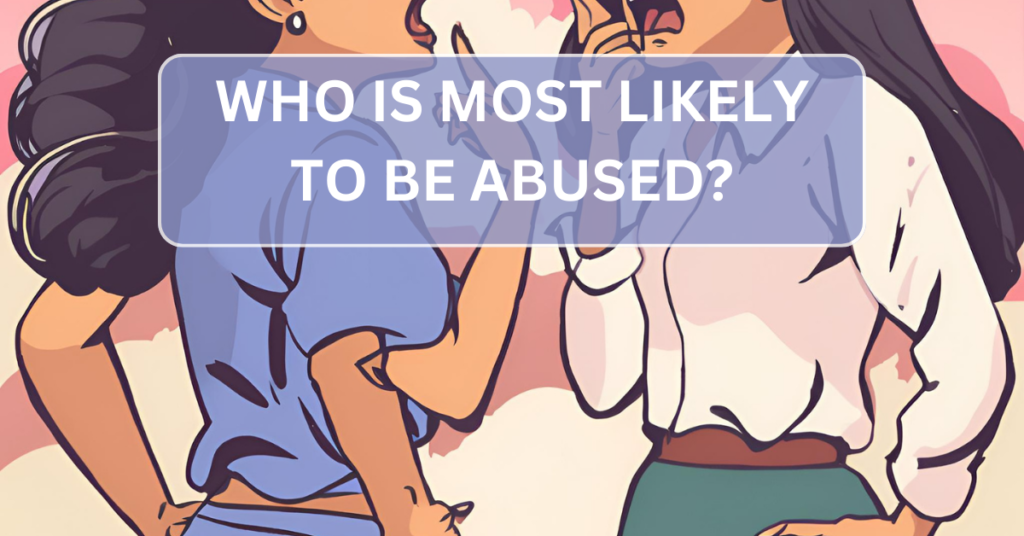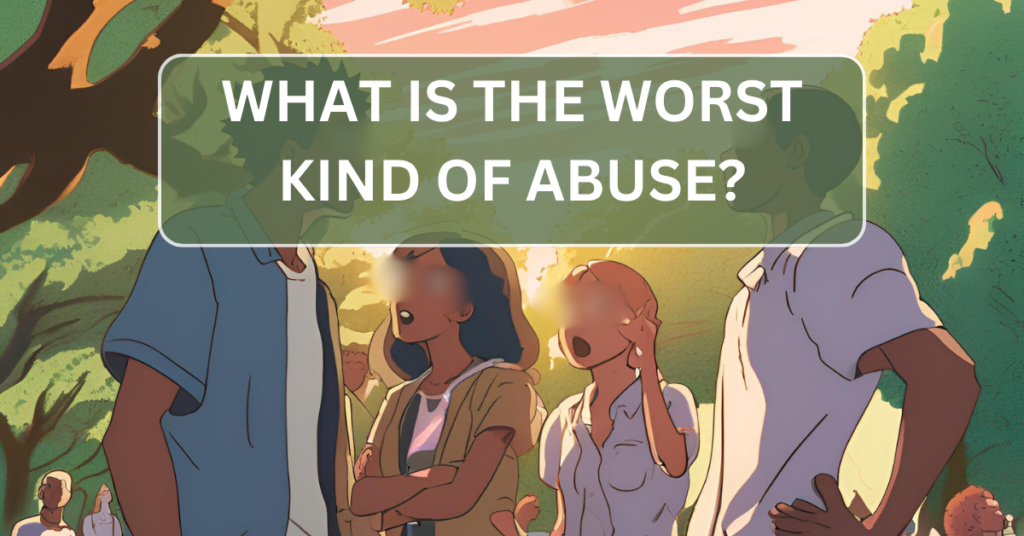
Abusive relationships are deeply harmful, marked by patterns of control, manipulation, and violence. Many people trapped in these relationships hold onto hope that their partner will change, often believing promises of reform or relying on brief moments of kindness. But is it realistic to expect an abusive relationship to get better?
The answer is complicated and depends on several factors, but it’s essential to approach the issue with clarity and caution.
Understanding Abuse: A Pattern, Not an Event
Abuse is rarely a one-time occurrence. Instead, it’s a repeated cycle involving the following stages:
- Tension Building: Stress or conflict builds, leading to an atmosphere of fear.
- Explosion: The abuser lashes out, often with violence, insults, or controlling behavior.
- Reconciliation: The abuser apologizes, makes promises to change, or acts lovingly.
- Calm (Honeymoon Phase): A temporary period of peace before the tension begins to build again.
This cycle tends to repeat, often escalating over time. Without significant intervention, it’s unlikely to stop on its own.
Can an Abuser Truly Change?
For an abusive relationship to get better, the abusive partner must make a genuine commitment to change. This includes:
- Acknowledging Their Behavior: The abuser must recognize that their actions are wrong and harmful.
- Seeking Professional Help: Therapy, anger management, or counseling can provide tools to address abusive tendencies.
- Taking Full Accountability: Real change requires more than promises; it involves consistent actions over time.
Even with these efforts, the process is long and challenging, and not all abusers are willing or able to change.
When Abusers Don’t Change
Unfortunately, many abusers refuse to acknowledge their behavior or make excuses to avoid accountability. They may:
- Blame the Victim: Claiming the abuse was provoked.
- Deny the Abuse: Insisting it never happened.
- Minimize Their Actions: Pretending the abuse wasn’t serious.
In these cases, the likelihood of the relationship improving is very low.
Why Victims Stay in Abusive Relationships
Leaving an abusive relationship is often more complicated than it seems. Victims may stay due to:
- Fear: Concerns about retaliation or harm after leaving.
- Emotional Attachment: Love or hope for change.
- Financial Dependence: Lack of resources to support themselves.
- Children: Worry about disrupting their children’s lives.
- Shame or Stigma: Feeling embarrassed to admit they’re being abused.
Understanding these barriers is critical to offering support and compassion to survivors.
When to Leave
While some relationships may improve with significant intervention, most abusive relationships do not get better. For your safety and well-being, it’s often best to leave if:
- The Abuse Is Escalating: Physical violence, threats, or worsening patterns of control.
- The Abuser Refuses Help: They deny wrongdoing or refuse therapy.
- Your Safety Is at Risk: Emotional and physical health are being compromised.
Seeking Support
Leaving an abusive relationship is incredibly difficult, but you don’t have to do it alone. Resources like domestic violence shelters, hotlines, and support groups can provide guidance and a safe path forward.
Hope for Healing
While abusive relationships rarely improve, survivors can heal and rebuild their lives in environments free from fear and control. Leaving an abusive relationship opens the door to recovery, self-discovery, and healthier connections in the future.


